Seeding the Future
for Generations
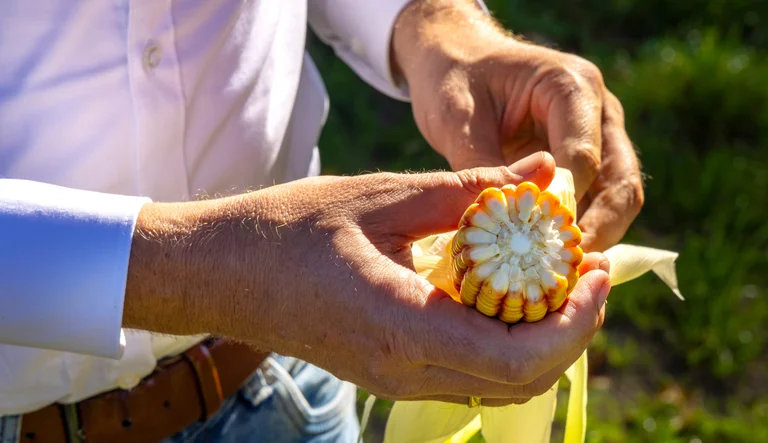
Vision & mission
Seeding the Future for Generations
Our vision comprises all of KWS key values. With foresight, we shape a sustainable future, staying close to generations of farmers and serving as a trusted, reliable partner to all our customers while staying an independent company.
Our Passion for Plants sustains Farming, Food and Planet
We are convinced that we can make a difference with our specialization in plant breeding and seed. We are passionate about breeding and research – and we optimize the potential of plants and varieties in order to contribute to increasing sustainability in agriculture year after year. Apart from continuous improvements in yield, we provide solutions by delivering varieties with relevant traits such as improved drought tolerance and less need for pesticide and help agriculture successfully tackle future challenges.
KWS’ breeding processes are geared toward exploiting plants’ potential as much as possible and leveraging that potential to tackle the major challenges of modern sustainable agriculture. Whether it is plants for producing food, fodder or energy, conventional, organic or genetically modified: KWS offers its customers a broad portfolio of high-performance varieties. It takes an average of eight to ten years to breed a new variety. Thanks to its large network of breeding and trial stations in all the world’s key markets, the company can develop the individual candidates for a wide range of climatic and local conditions and test whether the varieties are suitable for cultivation. In most markets, variety development ends in an official approval process in which candidates have to meet high quality standards, usually in three-year field trials. Seed propagation in selected cultivation regions also takes up to two years. Only then can the varieties be marketed via the various distribution channels.
In the year under review, the KWS Group’s operational business consisted of five business units, which were grouped into the four product segments of Corn, Sugarbeet, Cereals and Vegetables. The business units for Sugarbeet, Cereals and Vegetables are identical to the corresponding segments. There are two business units for the Corn segment: Europe and the America.
Business model
Fundamentals of the KWS Group
Since it was founded in 1856, KWS has specialized in breeding, producing and distributing high-quality seed for agriculture. From its beginnings in sugarbeet breeding, KWS has evolved into an innovative, international supplier with a broad portfolio of crops. The company covers the complete value chain of a modern seed producer that focuses on sustainable agriculture – from developing new varieties, propagation and processing, to marketing of the seed and consulting for farmers. KWS’ core competence lies in breeding new, high-performance varieties that are adapted to regional needs, such as climatic and soil conditions, and use fewer resources, such as water and fertilizer. Targeted breeding of resistances against fungi or viruses, for example, also enables a significant reduction in the use of chemical pesticides in agriculture. Every new variety delivers sustainable added value for our customers. KWS’ business model is based on this added value – which is ultimately attributable to breeding progress, optimization of seed quality and pinpointed consulting.
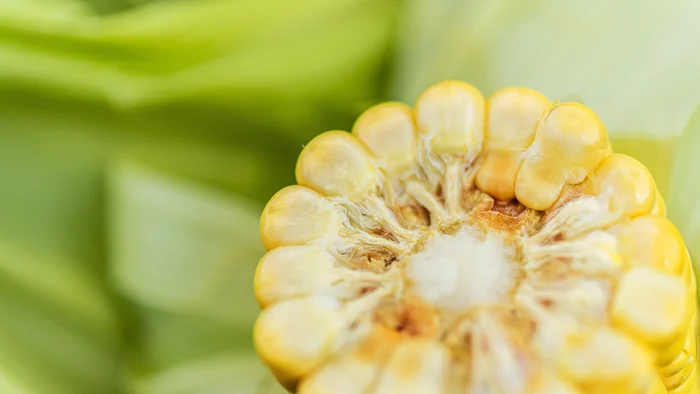
The Corn Segment covers breeding, production and distribution of seed for corn and sunflowers, as well as production and distribution of soybeans. Its operating performance depends largely on the spring sowing season in the northern hemisphere. That means the lion’s share of the segment’s net sales is generated in the second half of the fiscal year (January to June). According to its own surveys, KWS is the market leader in the silage corn in Europe.
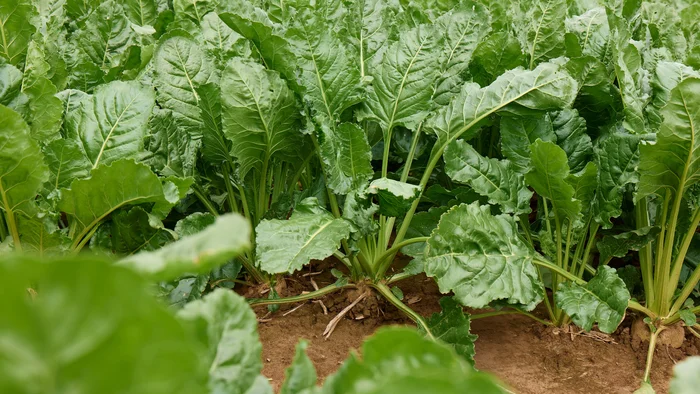
The Sugarbeet Segment comprises sugarbeet seed breeding, production and distribution, as well as the development of diploid hybrid potatoes. KWS’ high-quality sugarbeet varieties are consistently some of the highest-yielding in the industry. KWS is the world market leader in sugarbeet seed, not least thanks to many innovations. Its main sales markets are the European Union, Eastern Europe, North America and Turkey. Sugarbeet is sown in the spring, which means that net sales in this segment are likewise largely generated in the second half of the fiscal year (January to June).
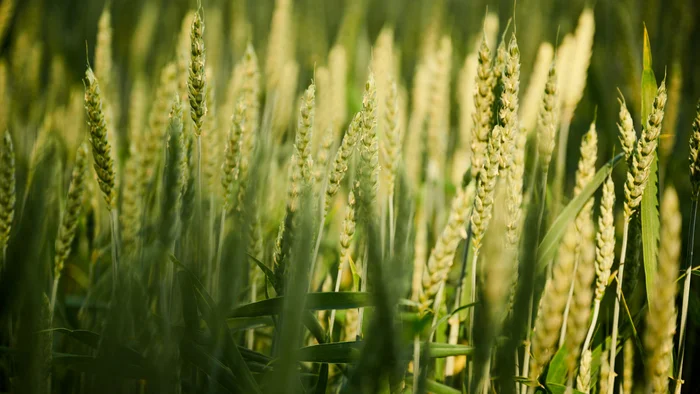
The Cereals Segment includes the breeding, production and distribution of seed for rye, wheat, barley and oilseed rape. Rye accounts for the largest share of revenue from cereals (around 38%), followed by oilseed rape, wheat and barley. KWS also generates revenue from other crops such as peas, catch crops (e.g., mustard) and oats. Farmers in KWS’ core markets (Germany, Poland, the UK, France and Scandinavia) predominantly sow cereals seed in the fall. Consequently, the segment generates most of its revenue in the first half of the fiscal year (July to December).
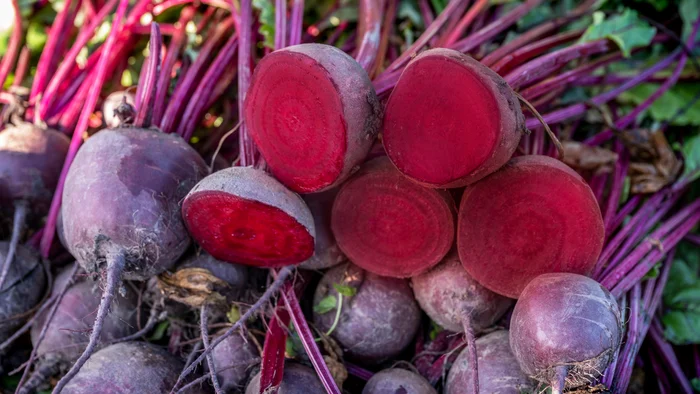
The Vegetables Segment comprises vegetable seed breeding, production and distribution. KWS is the world leader in spinach seed. Its portfolio also includes seed for beans, Swiss chard, red beet and tomatoes. The segment generates just about half its revenue in the U.S. KWS’ strategic objective is to build a significant position in the vegetable seed market long-term. Our focus apart from spinach is on the world’s five most important crops in this segment: tomatoes, peppers, cucumbers, watermelons and melons.
Strategy & objectives
Strategic planning
As part of the strategic planning, we have honed our fundamental business model and the strategic contributions a seed company makes to these future topics with regard to long-term megatrends and classified them into fields of activity that are to generate KWS’ future growth:
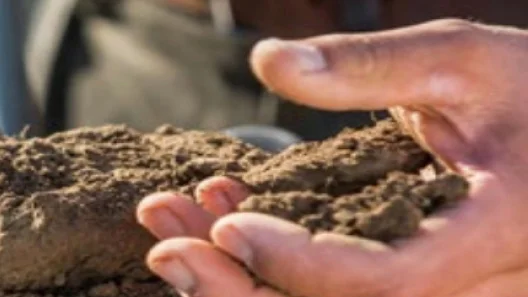
Sustainable agricultural practices
Products, processes and services that address climate change and promote sustainability in agriculture
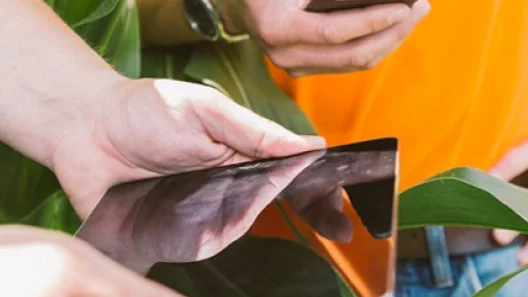
Connected seeds
Solutions that generate added value for farmers by linking our seed with digital offerings
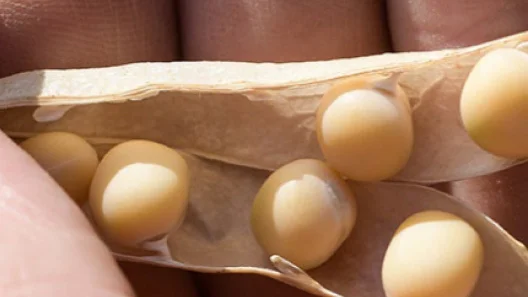
Nutritional food ingredients
innovations for the growing market of vegetable proteins as the basis for sustainable food

Future sales models
More digital offerings to expand distribution channels and enable personalized addressing of customers
Our solutions for the future
KWS has developed a long-term strategy based on the three megatrends of the fight against climate change, the desire for healthy nutrition and digitalization to increase efficiency in global agriculture. Read more about this in our new KWS portrait.
Corporate objectives of the KWS Group
Sustainable solutions for agriculture have always been the foundation and driver of our business model. We use them as the basis for deriving our objectives, which form the framework for all divisions and strategic decisions: profitable growth, innovation, independence and sustainability. Our business developed largely in line with our strategic objectives in the year under review. We deal with this and other details of achievement of our objectives in the respective sections, which are referred to in the table on the corporate objectives.
The KWS Group’s medium- and long-term objectives
Profitable growth
- An average increase in consolidated net sales of at least 5% p.a.1
- EBIT margin ≥ 10%
- A dividend payout ratio of 20% to 25% of the KWS Group’s earnings after taxes
Innovation
- R&D intensity of around 17% of consolidated net sales
Independence
- Retention of a control structure shaped by the family owners
Sustainability
- Implementation of the KWS Sustainability Ambition 2030
1 On a comparable basis, excluding exchange rate and portfolio effects
